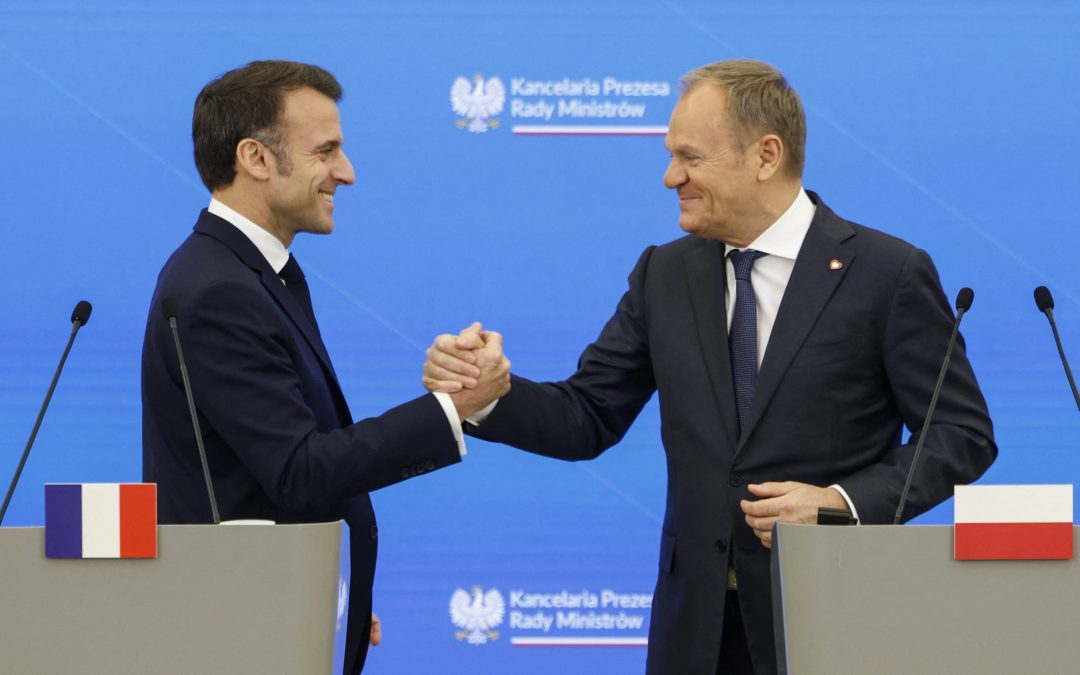Rome (ANSA) – The Western debate is already beginning to focus on the post-war period, as the idea of sending peacekeeping troops to manage (or facilitate) a possible ceasefire takes shape. An idea that comes with caution and distinctions, among countries and within the same national majorities, including Italy.
That the hypothesis of sending troops to Ukraine is on the table of European chancelleries has been clear for some time now. The first to not rule out a deployment of soldiers was French President Emmanuel Macron in February, triggering distancing from all major partners due to the consequences that military involvement on the ground of NATO countries in the ongoing invasion would bring.
An additional nuance was expressed by Volodymyr Zelensky last Monday, 48 hours after the trilateral with the head of the Élysée and Donald Trump, proposing to work on Macron’s position of “having troops from some state on Ukrainian territory to guarantee our security while Kyiv is not (yet) in NATO.”
Now, instead, there is talk of an international military force to monitor established peace, a truce already negotiated with Moscow. However, talking is not deciding, as clearly highlighted by Polish Prime Minister Donald Tusk, who, hosting Macron in Warsaw, confirmed that the meeting discussed peacekeeping in Ukraine. But “any decision on Polish actions will be made in Warsaw and only in Warsaw. And for the moment, we are not planning such actions.”
Defense Minister Guido Crosetto expressed “the hope to talk about peace and peacekeeping in Ukraine as soon as possible” and emphasized the “willingness to play this role, in which we have always excelled as a nation.” But to maintain peace, it must first be achieved and ensured to be “just,” commented Antonio Tajani shortly after. “It is premature to talk about any initiative for the day after,” according to the Foreign Minister.
“Heads of State and government will evaluate, but in the meantime let’s see what happens, if and when the war ends,” the head of diplomacy stressed on the sidelines of the ministerial in Berlin with five EU countries, the United Kingdom, and Ukraine. A position that Tajani, it is observed in majority circles, would have agreed upon with Giorgia Meloni (December 12).
 go to the original language article
go to the original language article
